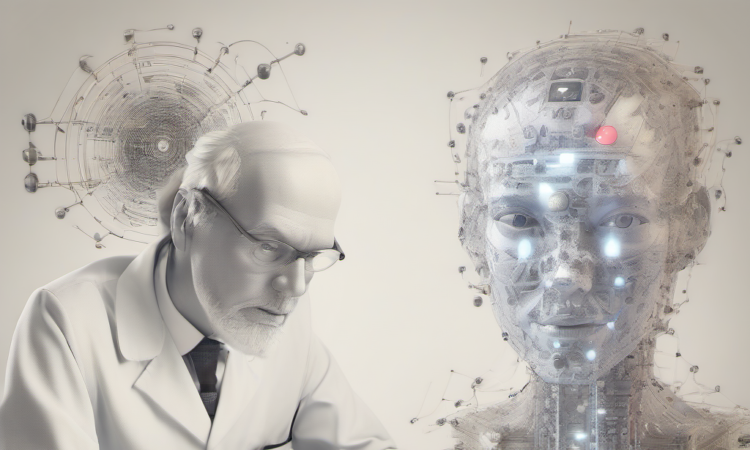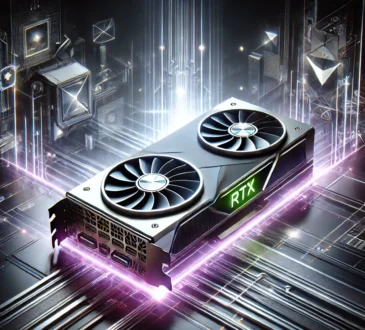The Rise of Decentralized AI: Breaking Free from Big Tech’s Grip

Introduction
The past two years have witnessed an explosion in Artificial Intelligence (AI) capabilities, with large language
models like ChatGPT, Dall-E, and Midjourney becoming everyday tools. Generative AI programs are now responding to
emails, writing marketing copies, recording songs, and creating images from simple inputs. However, the rapid
adoption of AI has also raised concerns about its centralization, with big tech companies controlling most of the
resources. In this article, we’ll explore the challenges of AI computing and how decentralized infrastructures
can break free from big tech’s grip.
The Challenge of AI Computing
According to a recent study by Epoch AI, the cost of training or running AI programs is growing exponentially,
with projections showing that it will soon cost billions of dollars. Microsoft invested $10 billion in OpenAI
last year, and the two entities are planning to build a data center that will host a supercomputer powered by
millions of specialized chips, costing a whopping $100 billion.
Big tech companies like Google, Alphabet, and Nvidia are also directing significant funding towards AI research
and development. While this investment may lead to breakthroughs in AI capabilities, it also raises concerns
about the concentration of power and control over our data – the digital gold.
The Power of Decentralization
Decentralized infrastructures, such as blockchain-based networks, offer a promising solution to the challenges of
AI computing. By tapping into a network of miners or nodes, decentralized systems can provide computational power
on demand, reducing costs and increasing accessibility.
One example is Qubic Layer 1 blockchain, which uses an advanced mining mechanism dubbed useful Proof-of-Work
(PoW). Unlike traditional PoW, Qubic’s uPoW utilizes its computational power for productive AI tasks such as
training neural networks. This decentralized approach to sourcing AI computing power can drive innovation and
reduce the reliance on big tech companies.
Conclusion
AI innovations are just getting started, but the challenge of accessing computational power remains a headwind.
Big tech companies currently control most of the resources, which is a significant obstacle to the rate of
innovation. However, with the advent of decentralized infrastructures, the entire AI ecosystem stands a better
chance of reducing computational costs and eliminating big tech control over one of the most valuable
technologies of the 21st century.
As we move forward in this exciting era of AI, it’s essential to consider the implications of centralization and
the benefits of decentralization. By breaking free from big tech’s grip, we can ensure that AI innovations are
driven by more stakeholders, increasing transparency, security, and fairness for all.



